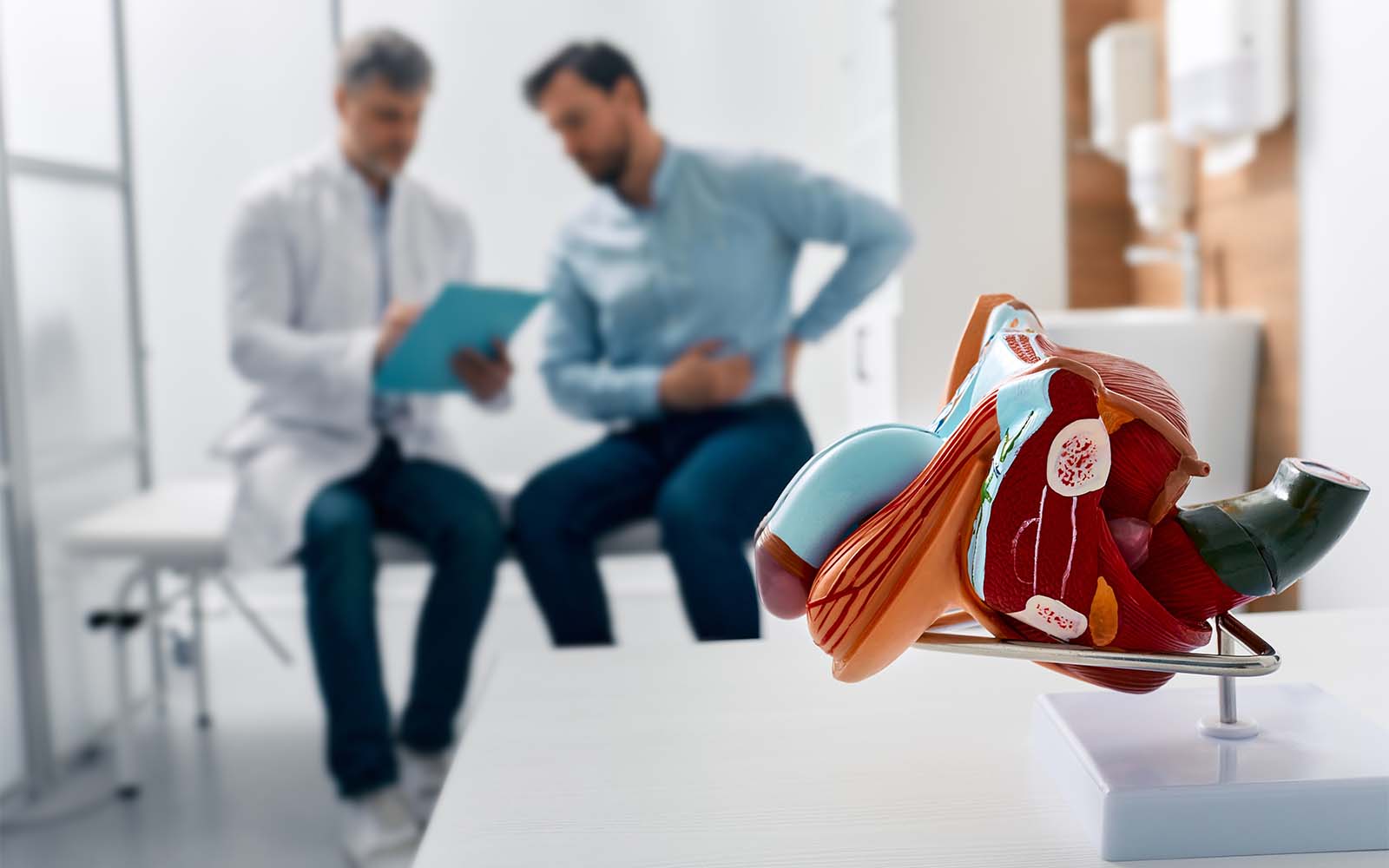
Although urinary diseases are less common in women, they are prevalent among men, especially as they age. We are here to shed light on common urinary diseases that affect men, their causes, and ways to prevent and manage them.
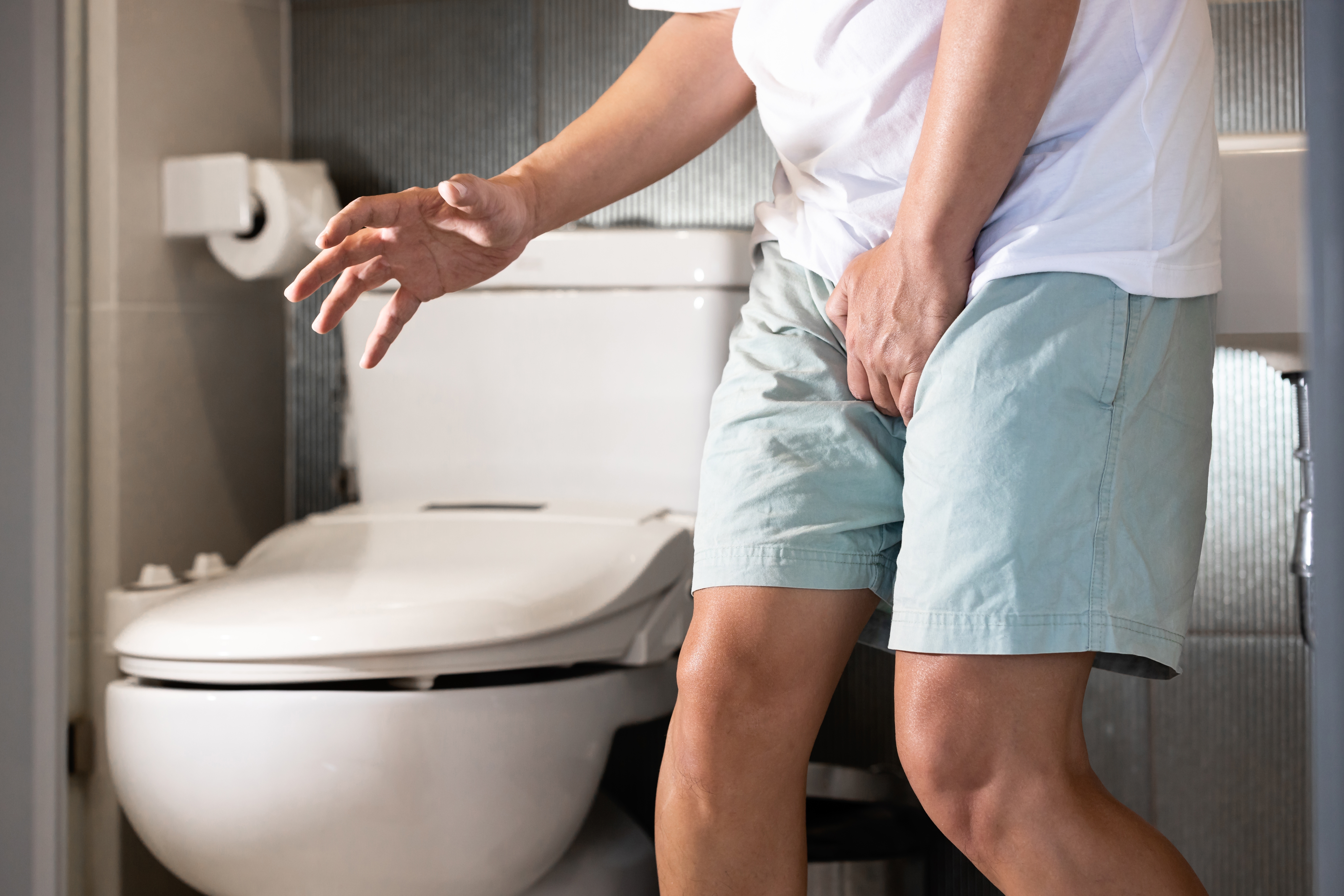
(1) Prostate Enlargement
Prostate enlargement is a frequent urinary disease in older men. As men age, the prostate gland surrounding the urinary tract tends to grow larger. This enlargement can lead to urinary tract blockage. Symptoms include increased urination frequency at night, difficulty in urinating, and loss of bladder control. To alleviate symptoms, it is advisable to reduce nighttime fluid and sugar intake, avoid alcohol and tobacco, and engage in regular exercise. It is important not to delay consulting a physician, as they can provide appropriate medication or surgical treatment.

(2) Prostatitis
Prostatitis is a different condition from prostate enlargement but falls under the category of prostate-related diseases. It can occur suddenly or develop slowly without immediate awareness. Prostate infection is commonly caused by bacteria, either from a previous infection or of unknown origin. Inflammation, unrelated to bacteria, can also be a cause. This condition typically affects men over 50 years of age. Since the symptoms of prostatitis and prostate enlargement overlap, consulting a doctor is crucial for accurate diagnosis and proper treatment. Along with medical advice, self-care measures such as warm water baths, avoiding caffeine, alcohol, and spicy foods may be helpful.
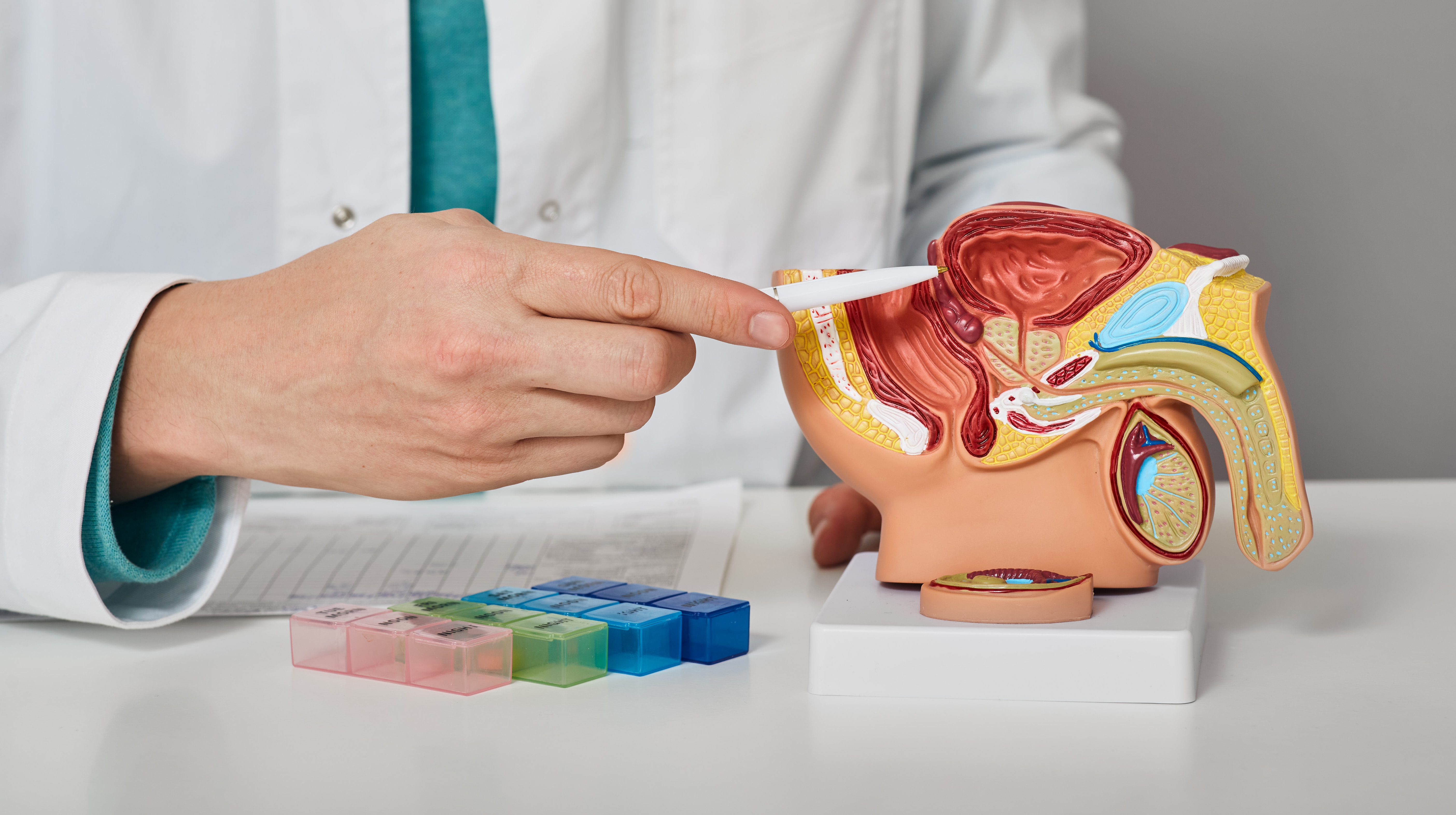
(3) Prostate Cancer
Prostate cancer is the second most common cancer in men. Early-stage prostate cancer can be curable, but unfortunately, most cases are not detected until later stages due to the absence of early symptoms. Therefore, it is important to be vigilant and consult with a doctor at the first signs of frequent urination, difficulty in urinating, uncontrollable urine, and pain in the waist and thigh. Regular cancer screenings should be conducted for men in their 40s, and adopting a healthy lifestyle including exercise, weight control, and avoiding alcohol and tobacco is highly recommended.
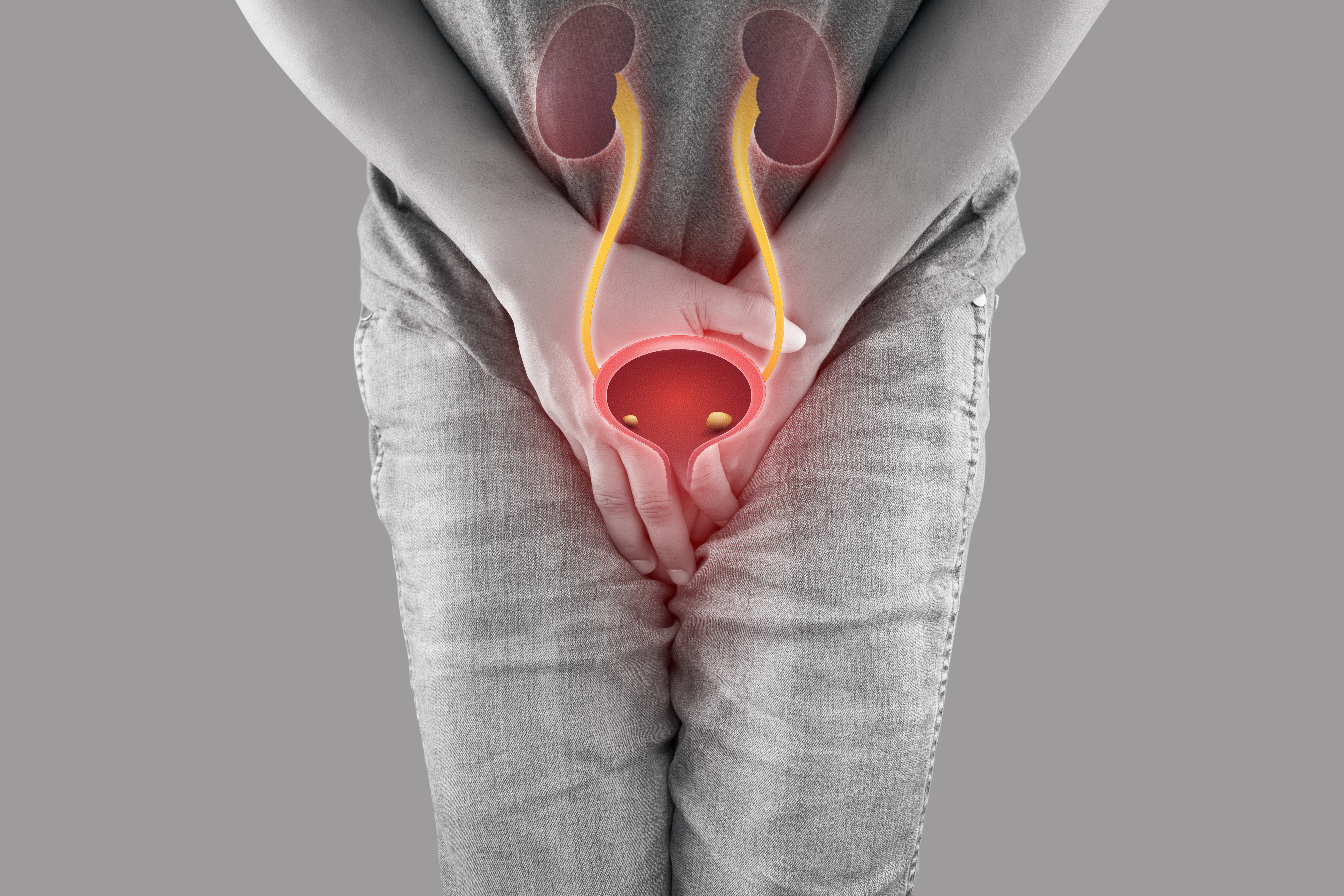
(4) Diagnosing Bladder Stones
Bladder stones can form in different parts of the urinary tract, including the kidneys. They develop when chemicals like calcium and uric acid in the urine crystallize and the body is unable to prevent their formation. Approximately 85% of bladder stones are caused by excessive calcium intake or long-term use of calcium-rich foods and medications. Other factors such as obesity, high consumption of sweetened beverages, low water intake, and urinary tract infections can also contribute to their development. The common symptom of bladder stone diagnosis is severe pain in the waist and lower abdomen. However, about half of the individuals with bladder stones do not experience early symptoms, so it's important to be cautious if there is a history of urinary blockage or urinary tract infections. Drinking plenty of water can help pass small bladder stones, but if they do not pass naturally, medical treatment and surgery may be necessary.
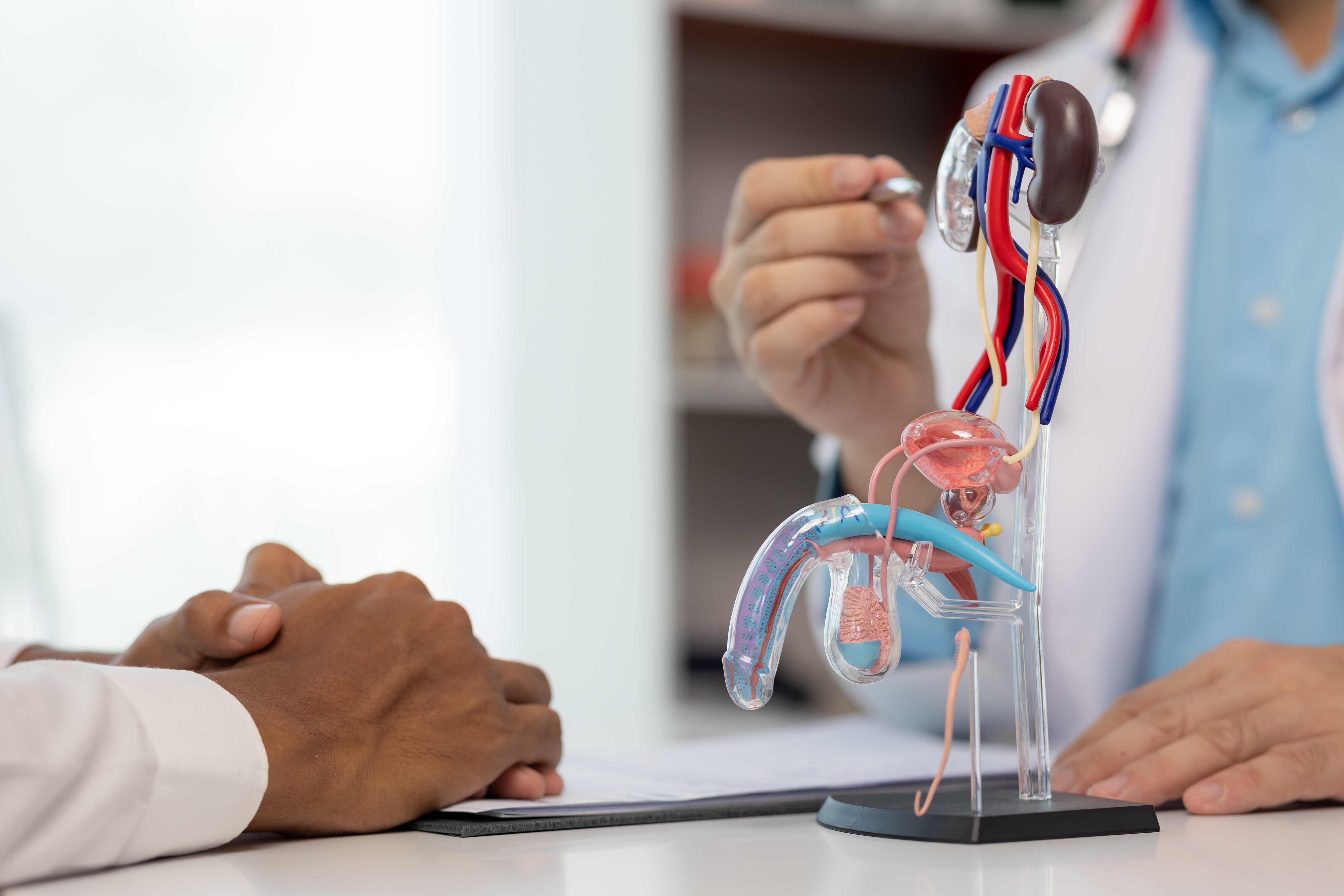
(5) Urinary Tract Infection
Urinary tract infections are not limited to women; they can also occur in men. These infections are caused by bacteria affecting the kidneys, bladder, and urinary tract. Conditions such as prostatitis and prostate enlargement can also be associated with urinary tract infections. Symptoms of a urinary tract infection include uncontrollable urine, blood in the urine, pain during urination, vomiting, and feeling unwell. It is important to identify the exact location of the infection within the urinary tract and seek appropriate treatment from a doctor. Along with prescribed medications, self-care practices such as drinking plenty of water, consuming hydrating foods, wearing comfortable clothing, and choosing suitable underwear may be beneficial.
Prior to experiencing urinary problems or diseases, it is common for people to take a healthy urinary system for granted. Whether one is currently dealing with a urinary issue or observing others' experiences, maintaining good health is a blessing. As diseases can come in various forms and sizes, it is best to take preventive measures beforehand. It is crucial to prioritize habits like staying well-hydrated, eating nutritious foods, and leading a healthy lifestyle every day.




Comments